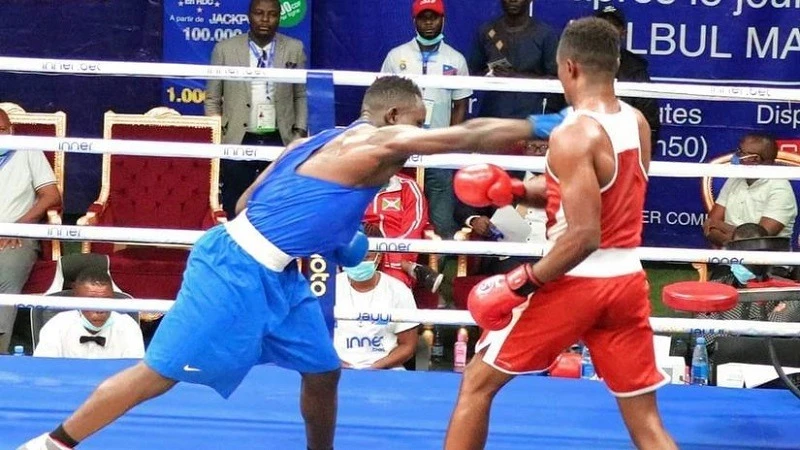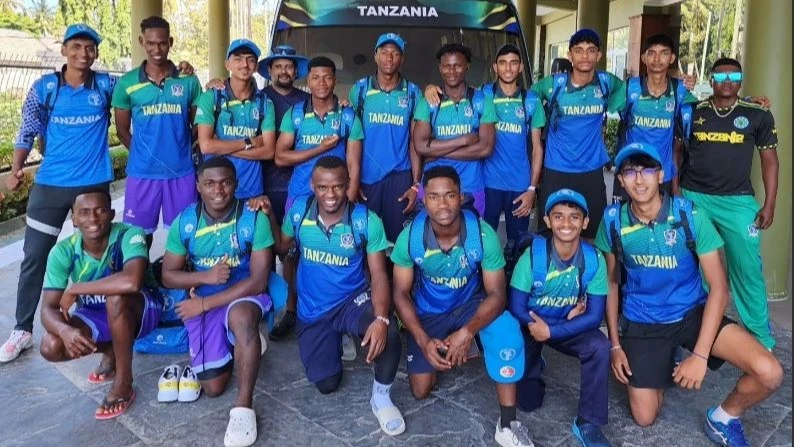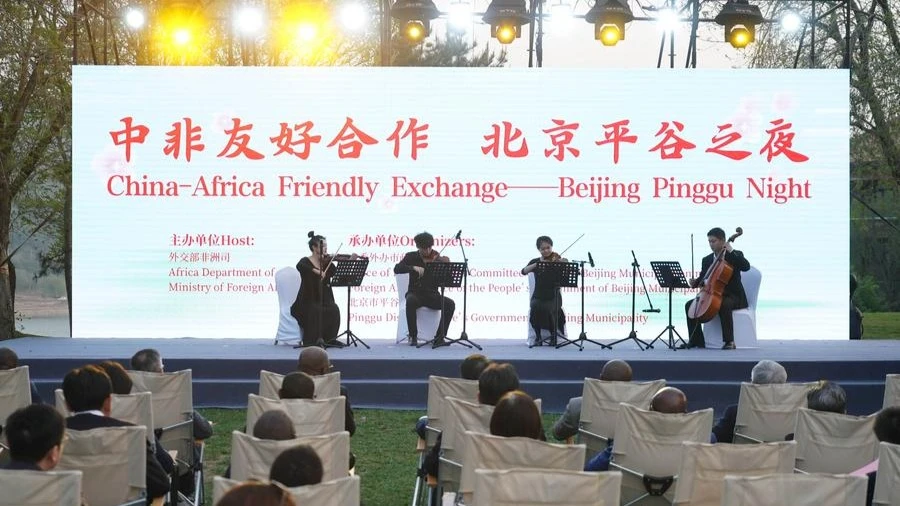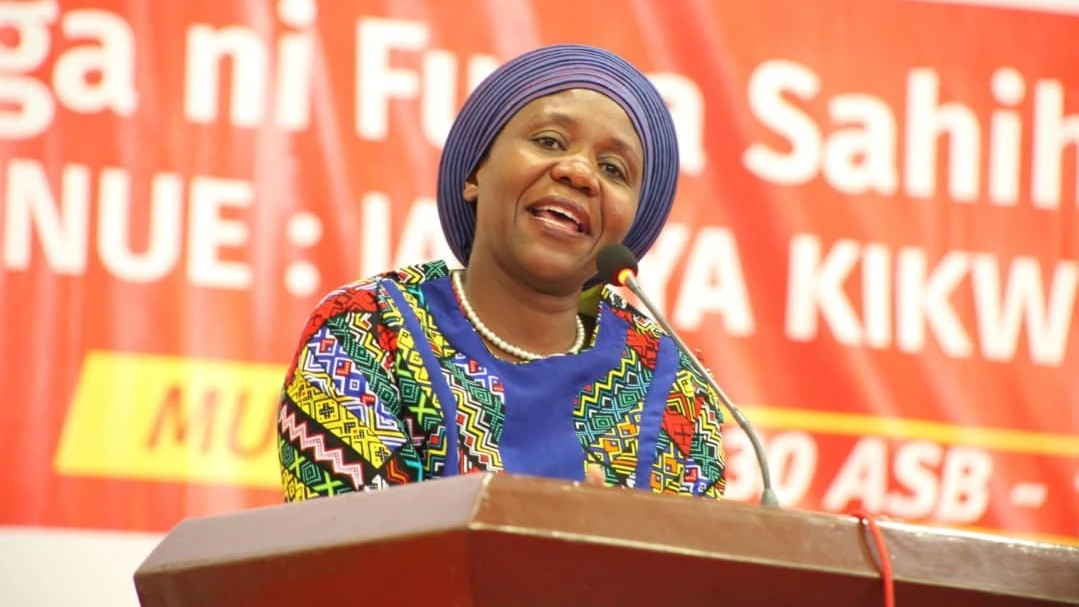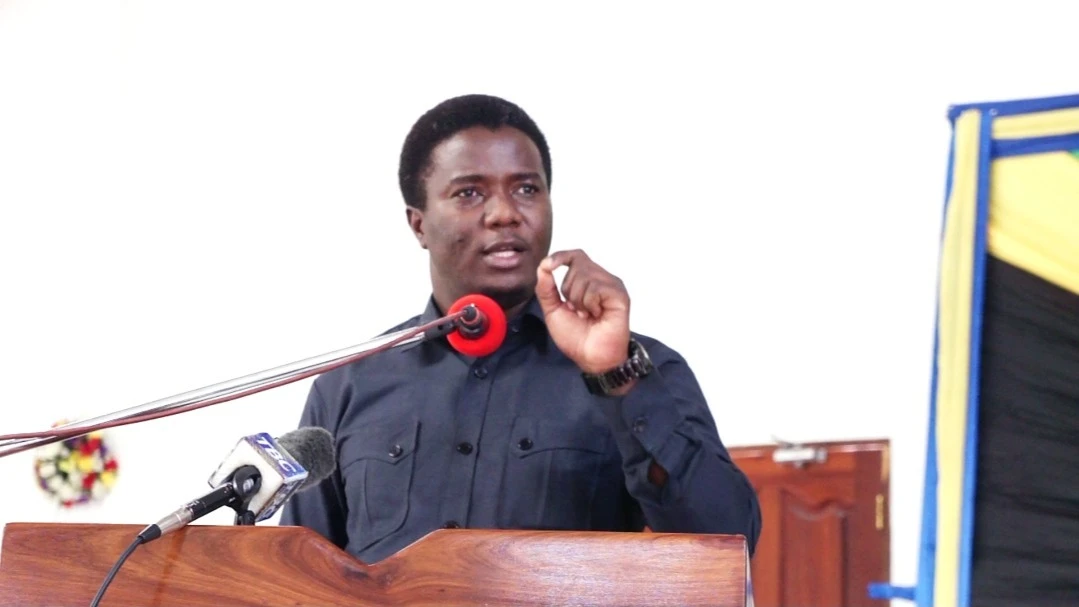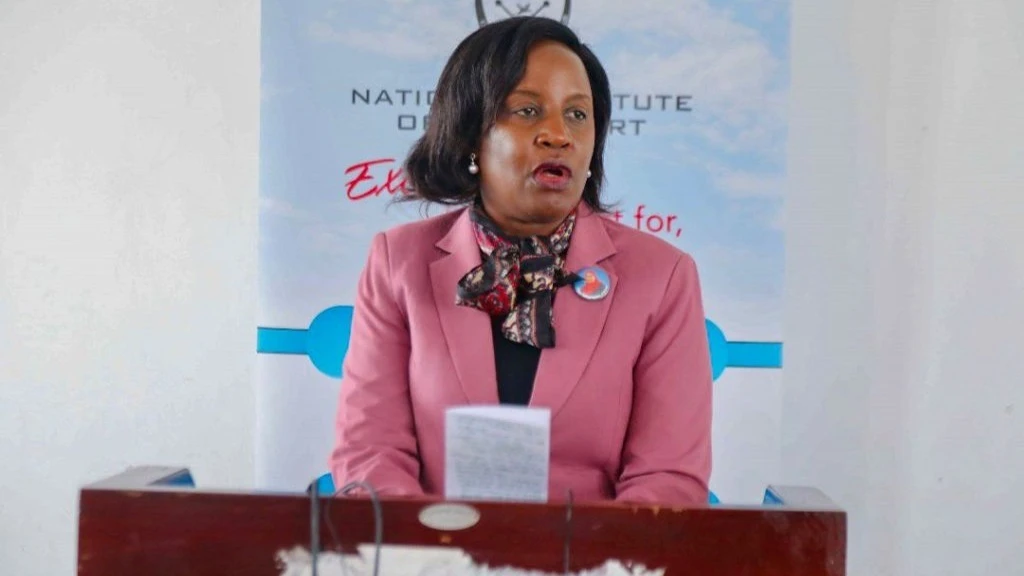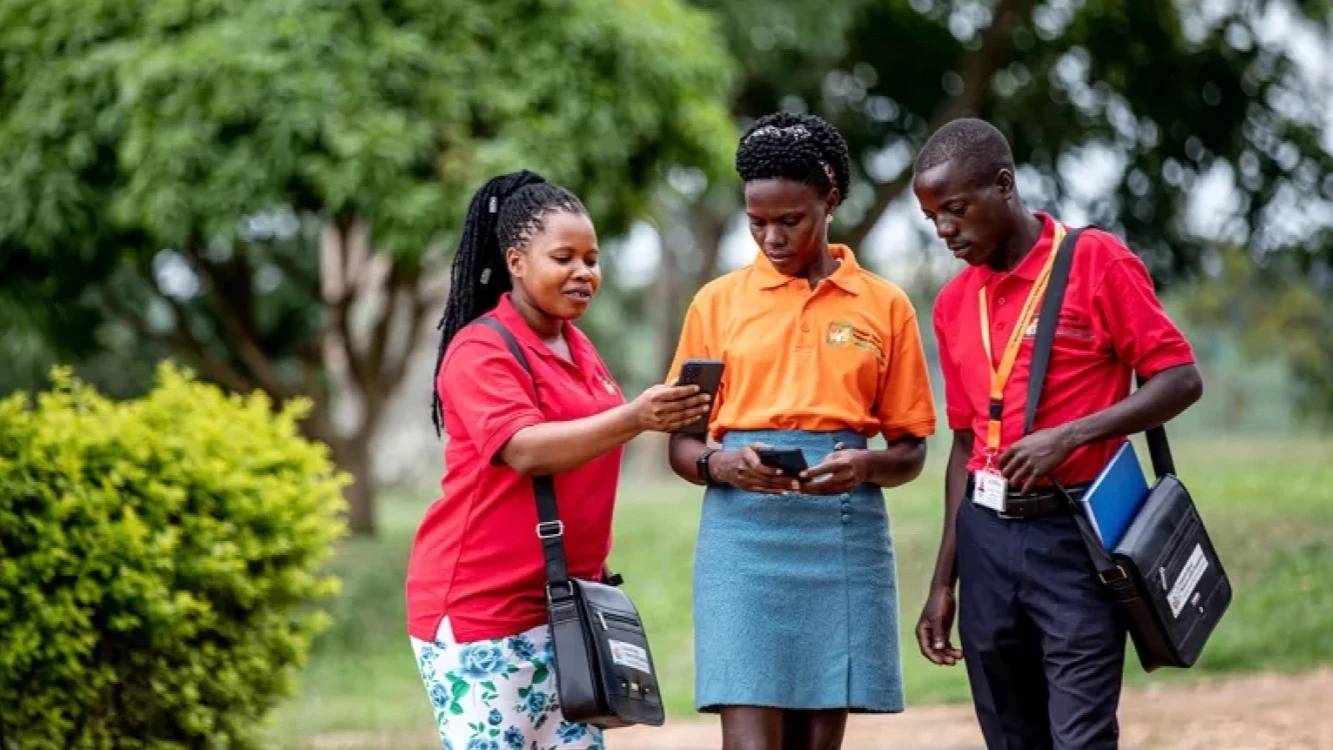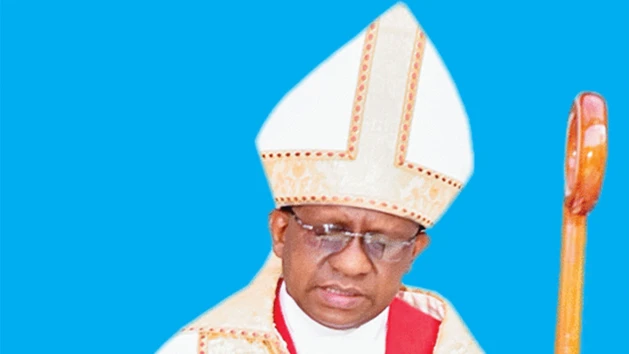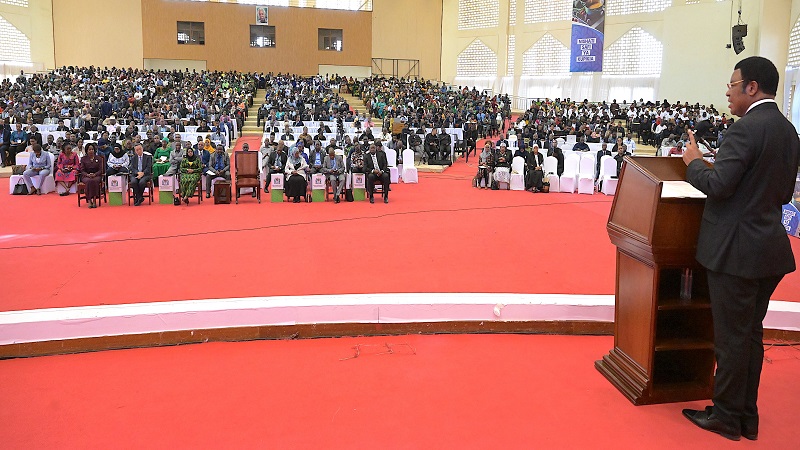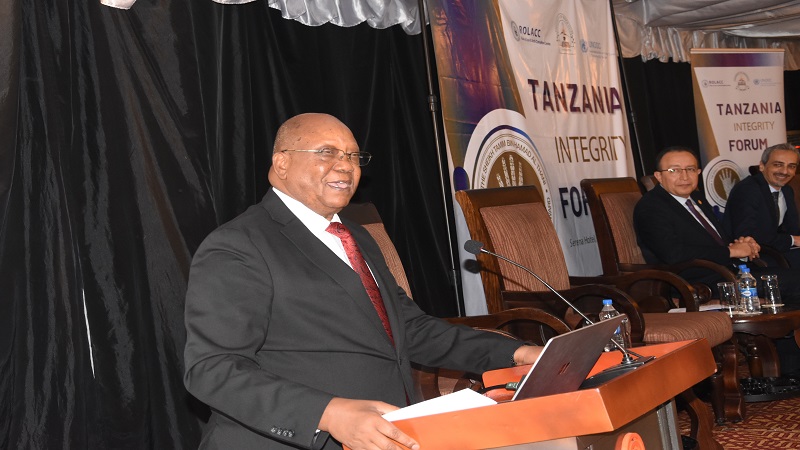Younger generation wows world with confident voice for China
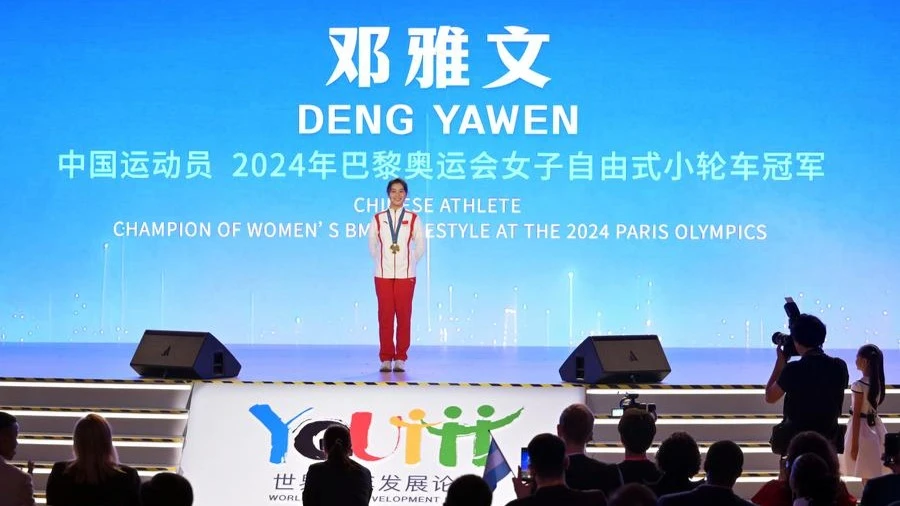
“Trying to be higher, faster and stronger is the pursuit of each athlete. I think it should also be the pursuit of all young people,” said Paris Olympics gold medalist Deng Yawen.
Deng, 18, won gold in the women’s BMX Freestyle competition on July 31. She briefly shared her story on the sidelines of the ongoing 2024 World Youth Development Forum that opened in Beijing earlier this week.
Her victory marked a milestone for China’s freestyle BMX team, which had not even qualified for the Tokyo Olympics.
At the award ceremony in Paris, an interesting shot was captured of Deng wearing a unique hair clasp and showing it to the camera. The dangling ornament, a common accessory for ancient Chinese ladies, is now enjoying a resurgence in popularity among many young Chinese.
This summer, young Chinese athletes like Deng impressed the world, not only with their outstanding performances but also with their youthful spirit, confident demeanor and open-minded personality.
On the same day when Deng stepped onto the highest podium, young Chinese swimmer Pan Zhanle wowed the world by setting a new world record as he stormed to victory in the men’s 100m freestyle, an event previously dominated by Western swimmers.
Four days later, Pan, just turning 20, broke his own record and anchored China to victory in the men’s 4x100m medley relay final. The four young swimmers pulled off a stunning triumph over the United States that had remained top for about four decades.
In response to disbelief from some Westerners, Pan said he hopes to crash prejudice with competition results.
Pan said he is not worried about his record being broken someday. “There must be someone first to break the stereotype that Asians cannot be ‘flying fish’,” he said in an interview.
Among the 40 gold medals the Chinese team clinched in Paris, more than a half were pocketed by athletes born after 2000. The young faces, who caught attention both on and off the field, presented a younger, fresher China to the world.
An article published on the Hong Kong-based Yazhou Zhoukan this week says young Chinese athletes are “more international” than their predecessors, speaking English fluently with foreign media outlets and have “more comprehensive knowledge structures.”
“Young Chinese born in and after 2000 have a world view that is totally different from older generations, which allows them to blaze new ways and see different scenery on their path towards the gold medal of their own lives,” the article reads.
China joined the World Trade Organization in 2001 and surpassed Japan to become the world’s second-largest economy in 2010. The post-2000s generation is a witness of China’s rise in infrastructure and social governance and is naturally proud of their country.
“When I saw the national flag raised and national anthem played, I came to realize that my confidence comes from the strength of our country,” Deng said after the award ceremony.
China’s development, particularly its modernization efforts, also received positive evaluations from foreign participants at the World Youth Development Forum.
Dejan IIiloski, president of the European Youth Association, had an opportunity to tour southwest China’s Chongqing Municipality this week and visited some EV companies there.
“I’m so excited and impressed to learn from China, from its innovation technologies and entrepreneurship,” IIiloski said to Xinhua.
In China, there is a saying that a nation will be strong only when its young people are strong, and this maxim has struck a chord with both the government and public.
In 2017, China released a youth development plan for 2016-2025, the first state-level plan specifically for youth development. Under the policy guidance, measures have been taken to address concerns of young people, from employment and entrepreneurship to marriage and elderly care.
China saw the gross enrollment ratio for higher education reach 60.2 percent in 2023, and almost all youngsters aged between 20 and 29 have access to the Internet.
Benjamin Rae, head of the Office of the UN Resident Coordinator in China, has worked in China for a year and a half. Recalling his engagement with Chinese university students, he said they have a lot of energy, enthusiasm and creative ideas on how to move development forward, not only in China but also around the world.
“To make impossible possible is exactly what we need to do,” said Pan.
Xinhua
Top Headlines
© 2024 IPPMEDIA.COM. ALL RIGHTS RESERVED





